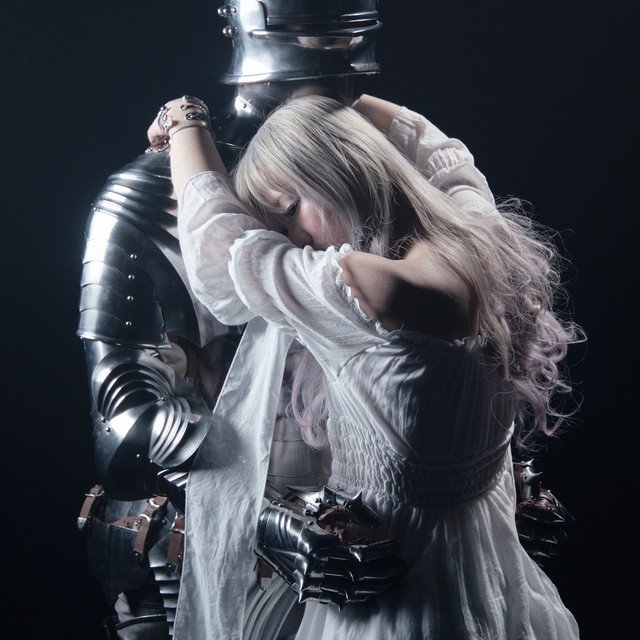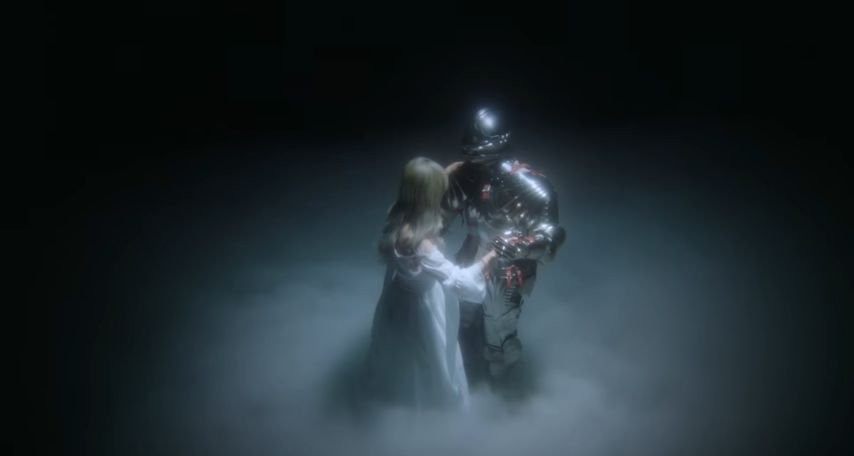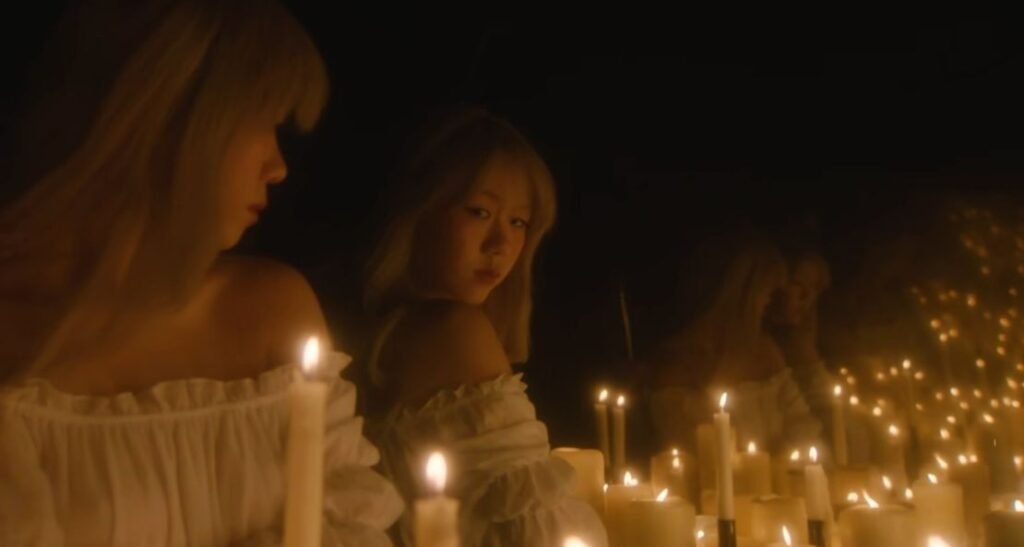
There’s a moment in Sword—released on March 14, 2025—where Wisp sings, “When is it my turn to not live in fear?” And it doesn’t ask so much as it bleeds.
The question doesn’t plead for sympathy. It stares you down. And like most of Wisp’s recent work, it does this without raising its voice.
The LA-based artist, who’s fast becoming a disorienting force in Gen Z shoegaze, doesn’t just deliver a song.
She sets a trap cloaked in softness. Sword doesn’t feel like it’s written to climb charts—it feels like it’s written to escape something.
Just last year, Wisp introduced Pandora, her debut EP, followed by the aching single “I remember how your hands felt on mine” in October.
Now, Sword marks the start of a new chapter—one that leans even further into emotional excavation.
The story behind Sword by Wisp
Wisp described Sword as a reflection of “the shame and confusion people feel when loved ones hide them from the world.”
You’re not the public partner. You’re the late-night text, the erased call log, the ghost nobody admits to loving.
The metaphor is cutting but precise: the sword isn’t a weapon, it’s a symbol of absence—of not being fought for. You exist just enough to be remembered, but not enough to be seen.
And Wisp doesn’t just let you hear that. She makes you sit in it.
Explaining the lyrics of Sword by Wisp
“Look through cracks and I see / both your faces”
Right out the gate, Wisp delivers the duality: the person who loves you and the person they are when others are watching. This line feels less like a lyric and more like a found note you weren’t meant to read.
“When is it my turn to not live in fear?”
It’s the question that frames the track’s emotional center. The use of “turn” implies a cycle—perhaps the partner has already lived fearlessly at Wisp’s expense.
“Washing clothes with all the stains / that I made on them”
There’s something quietly gutting here. It’s not about guilt—it’s about being blamed. She’s doing the washing, but it’s his stains, her hands.
“Closing on doors before I even say your name”
Every secret relationship has its language. In this case, it’s silence. This moment doesn’t cry—it shrinks. The kind of line that leaves you staring at your own inbox.
Sword music video: Aesthetic as metaphor
Directed by Rudy Grazziani and Valeriya Dyatko, the video places Wisp in an icy, medieval dream where her white gown blends into the snow, erasing her form until she steps into armour. The transformation isn’t triumphant—it’s survival.

It echoes the internal shift from invisibility to confrontation. But it’s the anonymous knight that looms larger: is it her partner, the one who hides her? Or is it the persona she adopts to protect herself?
It’s not a fairytale. It’s a warning.
Wisp Sword lyrics meaning through sound
At its most fragile, Sword begins as a near-whisper. Wisp’s vocals are just this side of audible, as if the mic’s afraid to listen too closely.
The opening progression—a gauzy mix that feels like hesitation made melodic.
Then it swells. The dream-pop sheen glimmers in and out like light behind fog. You get just enough clarity to feel it—before it’s obscured again.
The track vacillates between shoegaze haze and a pop consciousness that’s almost too sweet for what it’s saying.
But that’s the catch. This isn’t a confessional played on an acoustic guitar. It’s a pretty song about ugly feelings.
You could sing along without hearing a word. Until it’s too late and the lyrics hit you mid-harmony.
Sword meaning by Wisp isn’t subtle—but it isn’t loud
There’s restraint in how Sword handles rage. It could’ve been angry. But instead, it’s resigned. That resignation is louder than any scream.
This track doesn’t resolve. There’s no final chord that lets you breathe again.
It ends the way these relationships do—quietly, without ceremony, with one person still holding everything that was unsaid.
Wisp Sword explained in context
This is the kind of song that could only exist now. Not because of the genre, but because of the language around visibility, shame, and control.
Wisp doesn’t posture. She doesn’t cry wolf. She documents a specific kind of emotional censorship that thrives in private and dies in public.
Sword doesn’t try to charm its way into the shoegaze canon. It sits in the corner elegantly, quietly unraveling what it feels like to be made small by someone else’s silence.
You might also like:
- Say Yes to Heaven: Lana Del Rey’s Anthem of Surrender and Yearning
- We Hug Now Song Meaning & Review: Sydney Rose’s Emotional Reflection
- Gigi Perez Chemistry Meaning and Review: Inside The Viral Anthem
- The Weeknd & Lana Del Rey’s The Abyss Breakdown: A Love Song on the Edge
wisp sword Lyrics
Verse 1
Hang me up in your closet
Paint me underneath
Look through cracks and I see both your faces
Inches between both my feet
Chorus
When is it my turn to not live in fear?
What are you afraid of?
Washing clothes with all the stains that I made on them
I see you walking in
Closing on doors before I even say your…
(What are you afraid of?)
Verse 2
Now, in crowds, we’re surrounded
Lost, but I’m able to point you out from them
Lost, but you’re walking away from me again
Chorus
When is it my turn to not live in fear?
What are you afraid of?
Washing clothes with all the stains that I made on them
I see you walking in
Closing on doors before I even say your name
Beforе I even say your name


